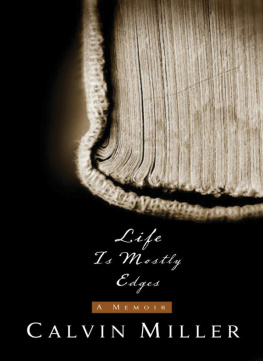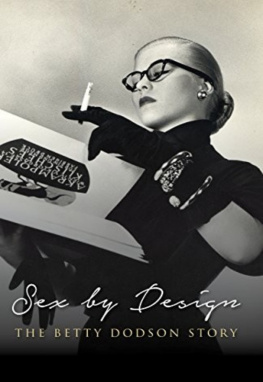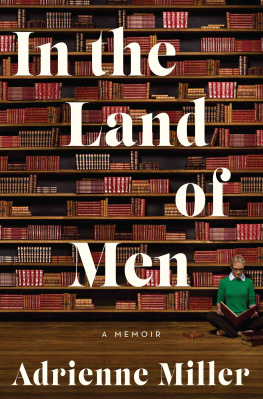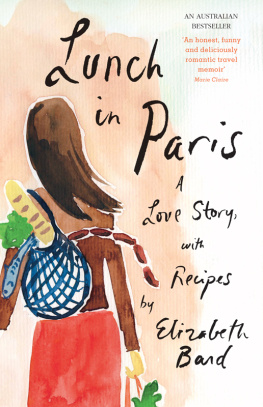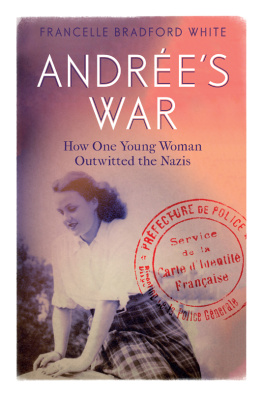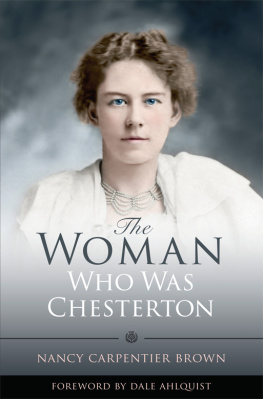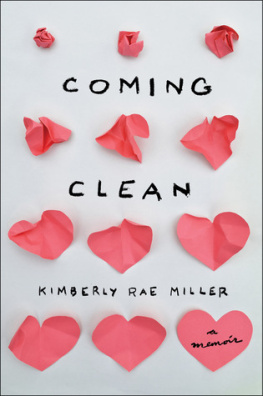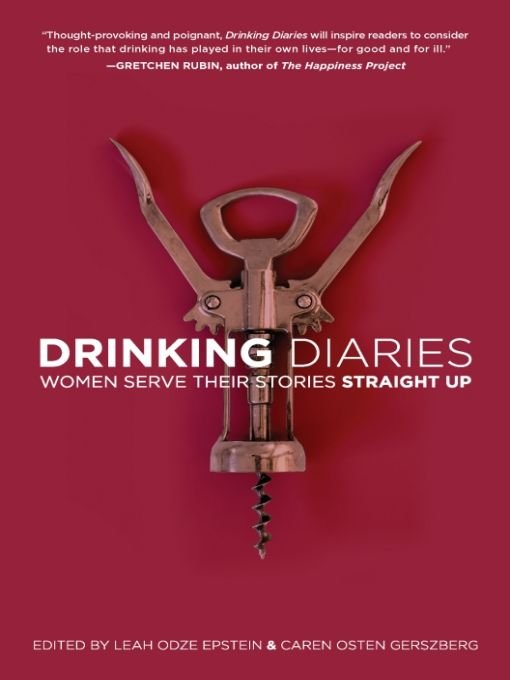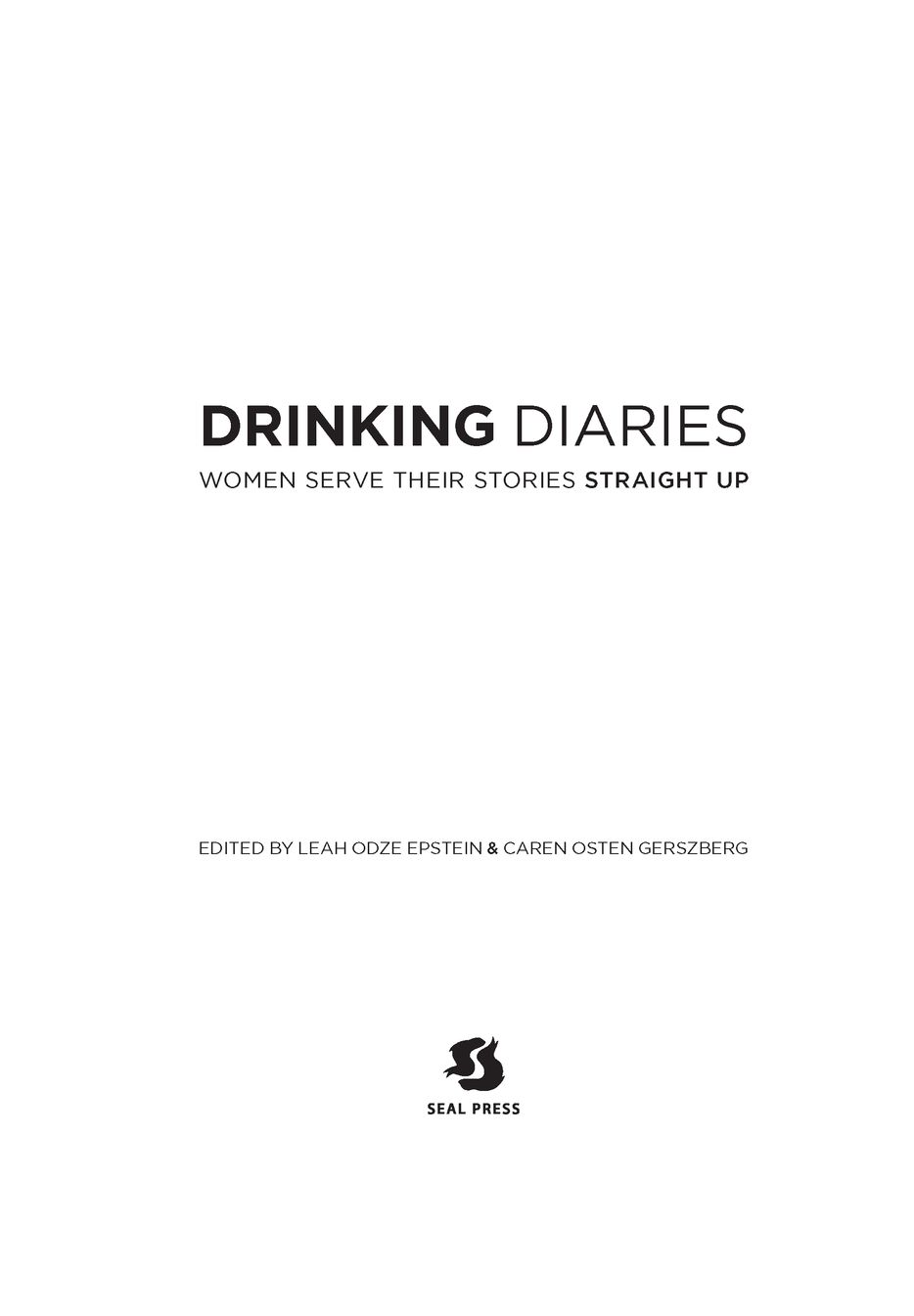Table of Contents
To our mothers
INTRODUCTION
ASK ANY WOMAN YOU KNOW to scratch the surface, and she will find a drinking story. Whether we are drinking it or not, alcohol remains a potent part of our lives, like food and the Internet. The world is saturated with it, steeped in it. We confront alcohol everywhere we gofrom home to the office party, date night to ladies night, happy hour to sports sidelines. Even where alcohol is not present on the surface, it often lies beneath, a palpable absence.
We drink for different reasons: to quench thirst, to loosen up, because it tastes good, to enhance a meal, because were addicted, to self medicate, as part of a ceremony, to celebrate, to mourn. We drink when were happy. We drink when were sad. And then there are the nondrinkers, for whom abstaining may be as much of an issue as drinking.
Whether our drinking is a choice or a compulsion, people rarely talk about its quotidian existence. Its easy to make the snide celebrity putdown or joke, or to label excessive drinking as a pathology. Extreme examples of abusefrom Amy Winehouse and Lindsay Lohan to Whitney Houston and Diane Schulerare widely reported. And the resulting trickle-down deepens the culture of blame and shame around the subject of women and all drinking, as evidenced by the rise and fall of the Cocktail Mom. No wonder women keep their stories to themselves. (According to Newsweek magazine, 60 percent of American women drink.)
Our ultimate goal, from the Drinking Diaries blog to this book, has been to take womens stories out of the closet. There are plenty of memoirs by recovering alcoholics and countless books covering an array of womens issuesfrom love and marriage to family and careerbut none addresses the spectrum of stories about women and drinking. How does a womans experience with alcohol, both good and bad, affect her relationship with herself, her partner, her children, her friends, her community? How has drinkingour own and othersreally touched our lives?
The stories are typically hard to come by and rarely surface in small talk. But here you will read the details, the deep questions, the wide and wild range of drinking experiences. A dispatch from the real world of women and alcohol, the essays in this book tell of women who vary in age, experience, perspective, and culture. They tap into all aspects of drinkingthe shameful, the escapist, the liberating, the celebratory, the sexual, and so on.
The idea for this book about women and drinking evolved from a night of... drinking. The two of us are friends and neighbors who enjoy sharing a bottle of wine over dinner with our families. Heres how it all began.
Leah
For my first-grade school photo, my alcoholic mother put my sailor dress on me inside out. She stopped drinking when I was nine years old. By the time I hit fourteen, my older sister was in rehab. I spent half my adolescence at self-help meetings, and although I would rather have been hanging out with my friends, I found the personal narratives of fall and redemption riveting. From high school to college student, writer to stay-at-home mom, I have run the gamut from abstainer to binge drinker.
Caren
I never used to give a second thought to keeping a bottle of wine in my fridge, chilling next to the milk, just as my mother did. My European parents drank every night with dinner, and my mothera French, hidden-child survivor of the Holocaustoften bragged about how shedcorrupted her American friends with the joys of a late afternoon glass of wine. But later in life, my mothers wartime demons came back to haunt her, and her social drinking morphed into need. Since then Ia lover of wine in moderationhave been wrestling with what drinking means to me.
CONVERSATIONS ABOUT OUR mothers evolved into discussions about our own drinkingthe ups, the downs, the in-betweens. And then we wondered: Were there other women who also wanted to talk about drinking?
Together we sought to create an open forum for women whod be interested in sharing their storieswithout asking anyone to descend into a fluorescent-lit church basement. Since starting the Drinking Diaries blog in 2009, weve had more than a quarter million readers of all ages and from all over the world.
What weve uncovered is a wide spectrum of drinkers and attitudes about drinking that runs contrary to the rigid lines often drawn between problem drinkers and the rest of us. It turns out that the rest of us are a nuanced groupnondrinkers; occasional drinkers; passionate drinkers; daughters and mothers of drinkers, nondrinkers, and about-to-be drinkers; teen drinkers; middle-aged drinkers; Asian, Jewish, Italian, African American, and Muslim drinkers. The variations are endless.
The twenty-eight stories weve collected herewritten by both prominent and new writersare a testament to diversity, with themes spanning from celebration to revelation. In all the essays, drinking has left its mark.
The book begins with a section called Girlhood, in which writers explore the effect that drinkingtheir own or othershad on their younger selves. Childhood and adolescence are a time to observe the grown-ups drinking or to experiment with alcohol on ones own. In some cases, the imprint alcohol leaves during the early years carries through into adulthood with a vengeance; in others, wild teenage years lead to a more tranquil maturity.
In part 2, Relationships, the essays uncover how alcohol helps or hinders a connection between friends and lovers. Depending on the person, alcohol ranges from an aphrodisiac to a force of destruction. It can be a complex equation, in which adding or subtracting alcohol can tip the balance, altering a relationships essence or fate.
Culture, addressed in part 3, determines much about our drinking choices, habits, and attitudes. We think were making our own decisions about what, when, how much, and whether or not to drink, but they are often predetermined by background. If you grew up in a house where drinking was taboo, your own drinking might later be infused with shame. If you were raised in surroundings where drinking was celebratory, you might have a carefree attitude about pouring yourself a nightly glass. Daily, occasionally, rarely, or not at all. Beer, wine, scotch, Manischewitz, or gin. Culture plays its part.
And lets not forget about family, discussed in part 4. We love them, dread them, imitate them, are embarrassed by them, run away from them, and often come back home to them. Whether we are following or rejecting our parents lifestyle, paving the way for our children and other future drinkers, or redefining habits of aging parents, the fact remains that family plays a huge role in our attitude toward drinking.
The book culminates with part 5, Revelations, in which writers explore the fine line between the transcendent and the dependent. Between the floating and the stumbling, the buzz and the hangover. Alcohol can transport us to a better place or divert us from our path, forcing us to make a crash landing. In the end, we are left to our own devices to define the role drinking plays in our lives.
If there is one theme that runs through this book, it is thatfor so many womendrinking carries an emotional charge. It is loaded. Not necessarily bad, but loaded still. The stories in this book testify to the varied relationships women have with alcohol. As two women who have questioned the impact of drinking on our lives, we felt compelled to start the Drinking Diaries story projectfrom blog to bookby sharing our own. Then we asked other women for stories. And out they came.




